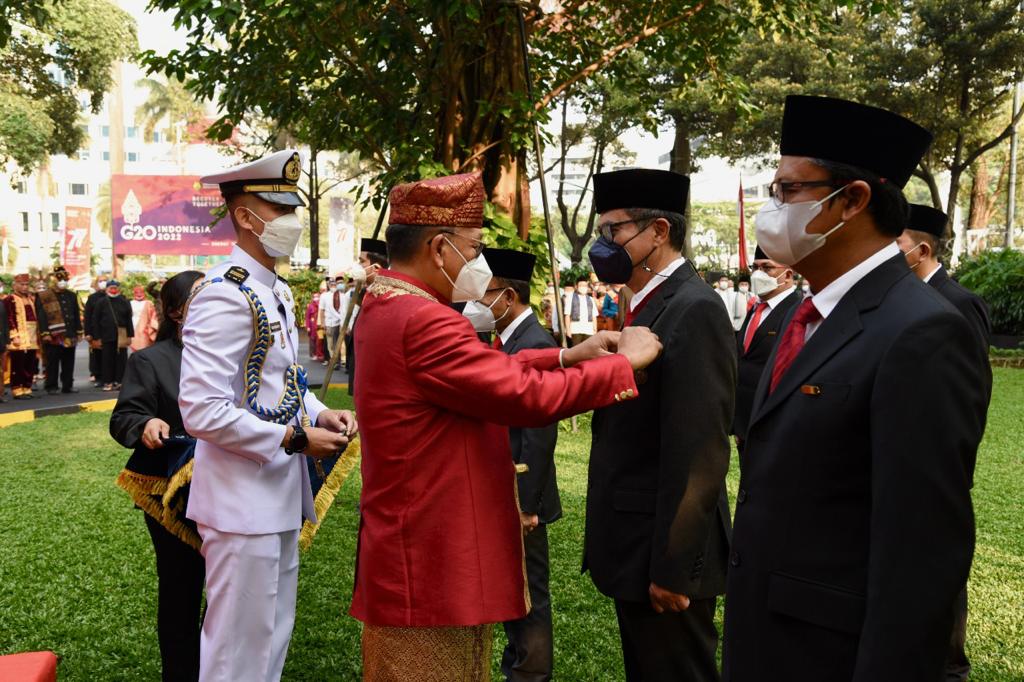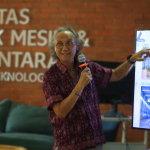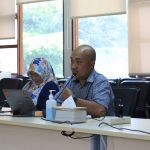From Lecturer to Biodiesel Champion: The Inspiring Story of a FTMD Lecturer
The issue of biodiesel emerged since the oil crisis issue in the 1970s. Researchers all over the world began intensively developing alternative fuels produced from renewable natural resources such as vegetable and animal oils. The same is true for researchers in Indonesia, they also started researching to produce biodiesel from various raw materials such as palm oil, used cooking oil, jatropha, and other vegetable oils available in various regions of Indonesia.
In early 1996, Dr. Tatang Hernas Soerawidjaja, one of the ITB Chemical Engineering lecturers, revealed that Indonesia was entering a difficult period in meeting the demand for solar fuel from domestic production. He reinforced this when he presented his idea of “Making Biodiesel Part of Liquid Fuel Mixture” at the Building of the Electricity and Energy Development Director General (DJLPE), Jakarta, on May 2nd, 2001.
At the same time, research on biodiesel derived from used cooking oil was being intensified all over the world. With funding from Japan in 2022, “Trio kwek-kwek”, as they were affectionately called, consisting of Dr. Eng. Ir. Iman Kartolaksono Reksowardojo (FTMD Full-time lecturer), Dr. Tatang Hernas Soerawidjaja (Chemical Engineering lecturer), and Dr. Eng. Tirto Prakoso, S.T, M.Eng. (Chemical Engineering lecturer), started developing palm oil-based biodiesel. The initial research journey was not easy, with many failures along the way. They did not only focus on making biodiesel, but also tested the biodiesel fuel on their personal vehicles. The results were very satisfying, the use of biodiesel had little effect on the vehicle engine performance.
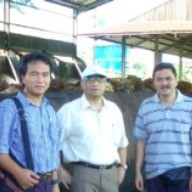
Picture 1. Dr, Tirto Prakoso, Dr. Tatang H. Soerawidjaja, Dr. Eng. Iman K. Reksowardojo (“Trio kwek-kwek”)
2004 became a turning point for biodiesel as the world oil price began to rise. Other parties tried to involve ITB in road testing biodiesel, but when the oil price fell, all parties returned as if nothing had happened. In other words, the development of biodiesel was not a priority.In addition to the ITB team, biodiesel research is also conducted by several other parties. However, its impact has not been widely heard. In February 2002, the Indonesian Biodiesel Forum (FBI) was established to bring together all biodiesel practitioners from all regions of Indonesia. The formation of the FBI was also not without the contribution of the “Trio Kwek-Kwek” which aimed to advance biodiesel by spreading information about the results of testing the use of biodiesel blends in diesel vehicles. This community became the spark for the birth of the Indonesian biodiesel standard.
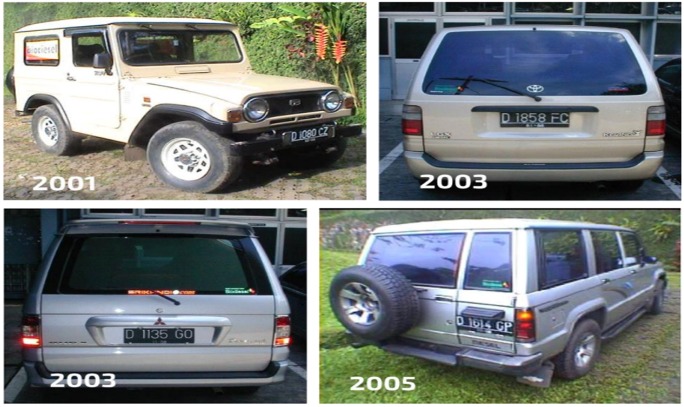
Picture 2. Testing the biodiesel fuel on a personal vehicle.
In 2016, a B20 test called the B20 road test was conducted. B20 mixes 20% biodiesel with 80% fuel. The B20 test started from BPPT Serpong – Jagorawi Toll – Puncak – Cianjur – Padalarang – Cileunyi – Bandung – Lembang – Subang – Cikampek – Pamanukan – Karawang – Cibitung – and back to Serpong. This test had a total distance of 40,000 km with a daily achievement of about 560 km. The results of this test are certainly awaited by everyone. One of the results of this test is that Biodiesel B20 is suitable for implementation without significant modification of the engine system.
The implementation of B30 was also carried out in 2020. B30 is a mixture of 30% biodiesel and 70% fuel oil. The B30 road test was conducted with several types of tests, ranging from passenger vehicle road tests, truck road tests, to start-ability tests. The B30 road test provided encouraging results. The implementation of B30 showed that the power and performance of vehicles became better and the emissions produced were also smaller compared to the implementation of B20.
The success of the B30 implementation led Dr. Eng. Ir. Iman Kartolaksono Reksowardojo to receive the Dharma Karya Utama award as one of the individuals who had a significant impact in the ESDM sector to become better and more advanced. Of course, the success meant researching and developing a mixture of up to 30% biodiesel (B30).
Until now, B30 is not only filling the tanks of motor vehicles on the road, but some industrial sectors are also already using biodiesel as an environmentally friendly alternative fuel. The implementation of B30 is considered to be smooth, with no significant complaints found in the field.

